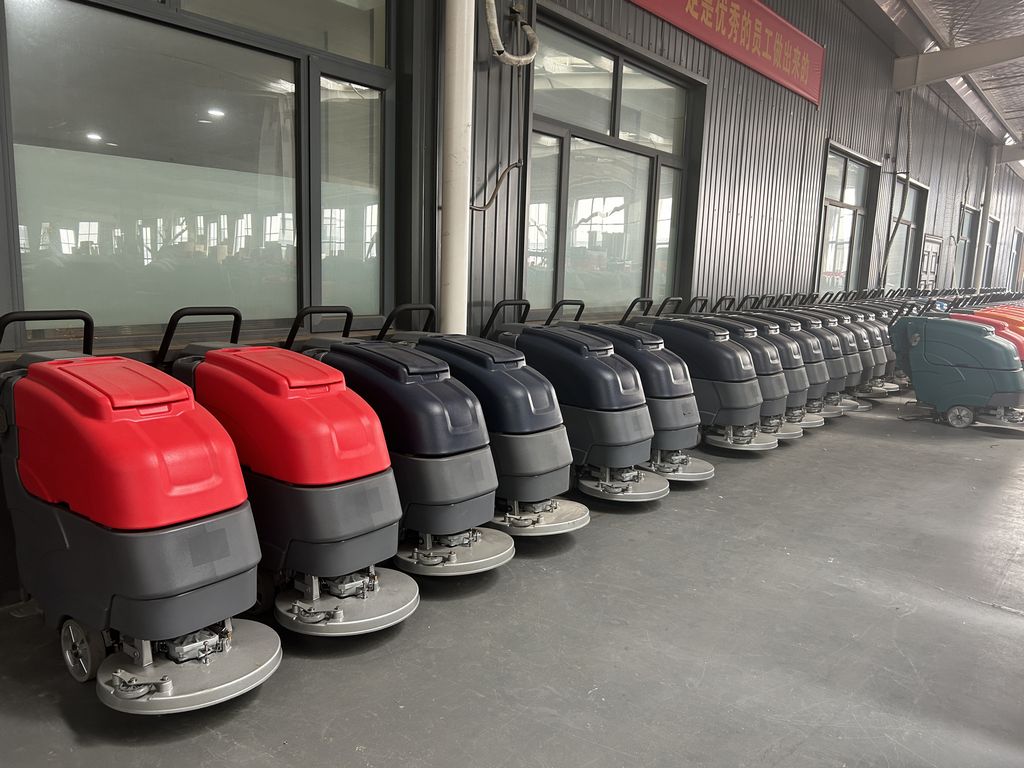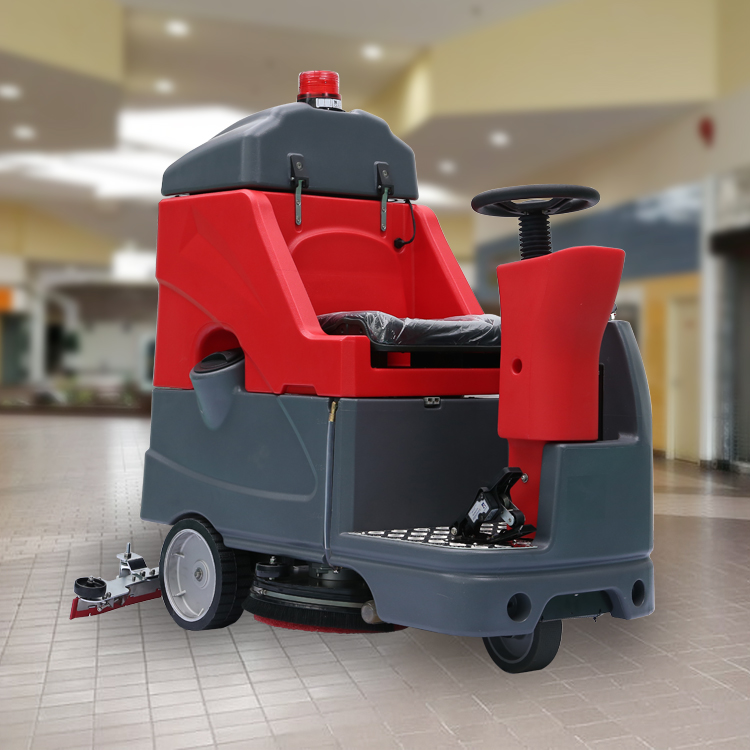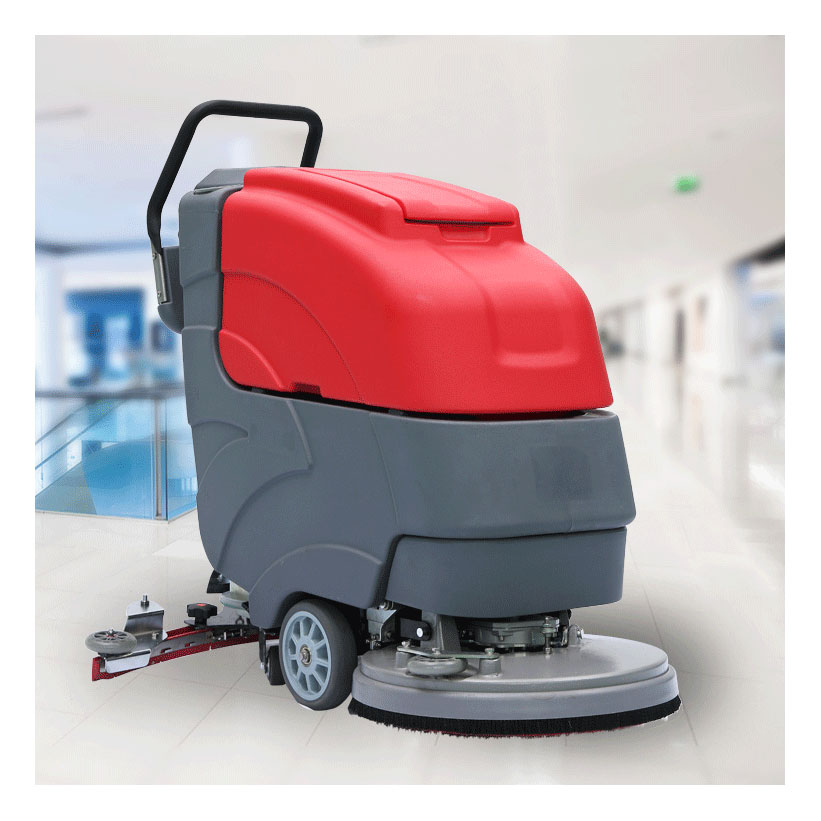
Let me start by saying, if you’ve ever dealt with dried cement on equipment or floors, you know the struggle is real. Last week, my buddy Dave called me, ranting about a cement spill on his new driveway. He tried scrubbing it with every DIY hack imaginable—vinegar, pressure washers, even a chisel (don’t ask). Turns out, what he really needed was a proper *cement cleaning machine*. But with so many options out there, how do you pick the right one? Let’s break it down.

First off, not all machines are created equal. Some are beasts for heavy-duty jobs, while others work better for smaller patches. If you’re cleaning large industrial sites, look for models with high-pressure settings and adjustable nozzles. For home projects, portability and ease of use matter more. Oh, and here’s a pro tip: check if the machine can handle both wet and dry debris. You don’t wanna end up with a clogged system mid-job because you didn’t read the specs.
Now, let’s talk maintenance—because even the best gear fails if you neglect it. Always rinse the machine’s filters after use. Cement residue builds up fast, and trust me, you don’t want to deal with a “durrable” (oops, meant *durable*) machine that suddenly quits on you. Also, store it in a dry place. Rust is the silent killer of tools, especially in humid climates.
Speaking of durability, investing in a quality *cement cleaning machine* pays off long-term. Cheap models might save you cash upfront, but frequent repairs add up. Look for warranties and customer reviews. One brand I’ve seen consistently recommended is KleenCem—their machines are pricier, but users swear they last twice as long as competitors.
Here’s a random thought: why do we underestimate how much time we waste on inefficient tools? Last month, I spent hours scrubbing a garage floor manually. My back still hurts. A good machine would’ve cut that time in half. Moral of the story? Don’t be like me. Prioritize efficiency.
Another thing to consider: safety. Cement dust isn’t just messy; it’s harmful if inhaled. Choose a machine with built-in dust collection or HEPA filters. And please, wear gloves and goggles. No job is worth a trip to the ER.

Ever heard of enzymatic cleaners? Some newer *cement cleaning machines* integrate them to break down residues chemically. It’s eco-friendly and reduces scrubbing effort. Pair that with a rotary brush attachment, and you’ve got a powerhouse combo.
In short, whether you’re a contractor or a DIY enthusiast, the right equipment makes all the difference. Do your research, prioritize your needs, and don’t skip maintenance. Your future self (and your back) will thank you. Now go tackle that cement mess like a pro!

